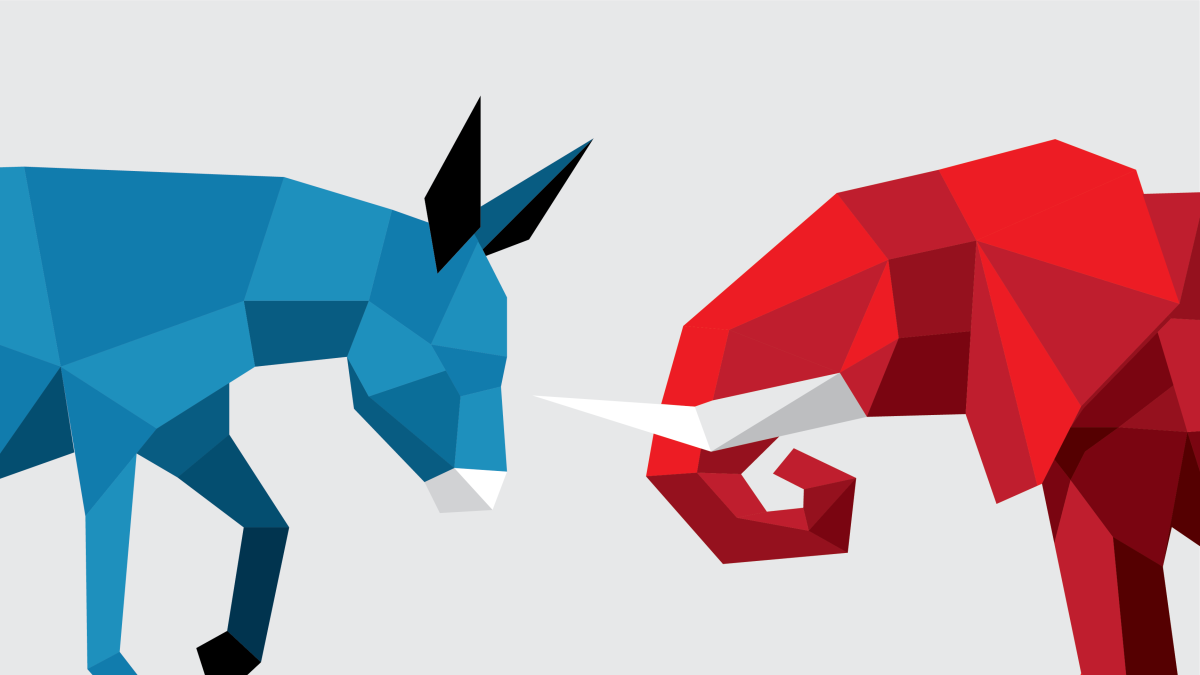Americans’ trust in their government is near an all-time low. Pew Research has it at 20% as of May 2022. This isn’t surprising given that citizens feel that their views are not reflected by the government’s actions.
A Princeton study found that the political opinions of the bottom 90% of income earners in America are statistically insignificant. This is hardly news to anyone, but what is noteworthy about the phenomenon is the effect it’s had on culture.
Faced with a rigid political structure that serves as a moat protecting royals from peasants, Americans’ energy has shifted away from material concerns and has been replaced with a revolving door of trivial cultural grievances.
Black Americans’ call for reparations for slavery, Jim Crow and a myriad of other discriminatory practices have fallen on deaf ears, and what is the consolation prize? Black people get to star as the generic characters in two Marvel plug-and-play cash grabs.
After George Floyd’s murder, there were no impactful policy changes. However, Democrats did put on stoles made of Kente cloth and kneeled. There’s a disconnect between the people who were protesting in the street and the politicians that saw Floyd’s death as an opportunity to fundraise.
On the other side, the rural Americans that comprise the Republican base are facing the hollowing out of their towns and shrinking employment opportunities and have forgone any attempt to remedy that reality in favor of demanding that Starbucks workers write “I love Trump” on their coffee cups.
Trump is the perfect manifestation of this idea. After flirting with economic populism during his campaign, he continued the legacy of neoliberal governance from the oval office. His supporters didn’t take much issue with this because they were pleased the then-president was fighting the culture war for them. Insulin may have been unaffordable, but as long as there was a prominent political figure supporting the return of insomnia racist Rosanne Barr to television, Trump fans were happy.
Most Americans understand that their opinions don’t matter, and those that don’t are guided away from asking more of their government and toward a weekly distraction by the media. They’ve been lulled to sleep by the media’s tendency to subtly shift public attention to inconsequential issues. Voting is the most common political activity the media advocates, but voting every couple of years, while important, is unlikely to fix much on its own.
Famous political theorist Alexis de Tocqueville laid out this idea in his book “Democracy in America,” writing, “It is vain to summon a people, which has been rendered so dependent on the central power, to choose from time to time the representatives of that power; this rare and brief exercise of their free choice, however, important it may be, will not prevent them from gradually losing the faculties of thinking, feeling, and acting for themselves, and thus gradually falling below the level of humanity.”
His words in a modern context would instruct Americans to adjust their focus toward direct action as opposed to fighting with each other and voting for inadequate political figureheads. Will this happen? Probably not, so everyone should get their Twitter fingers for the next battle of the M&M’s war.
Frank Kidd is a 21-year-old mass communication junior from Springfield, Virginia.
Opinion: The media insulates politicians from public opinion
By Frank Kidd
January 25, 2023
Political Parties Graphic





